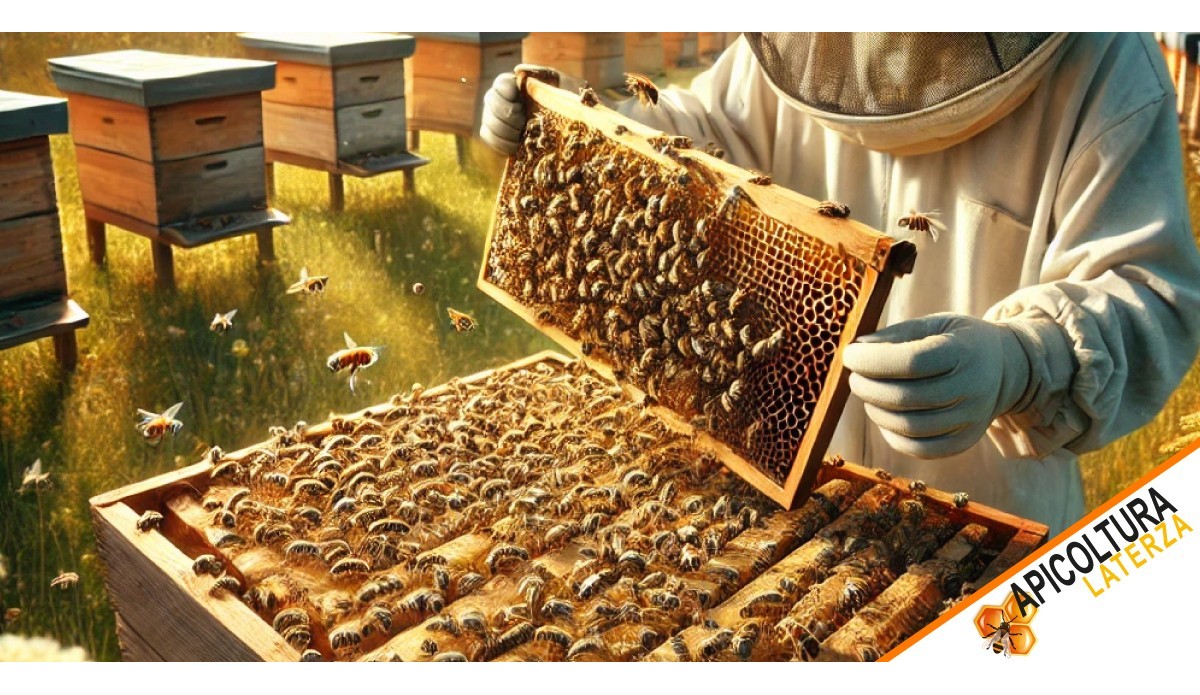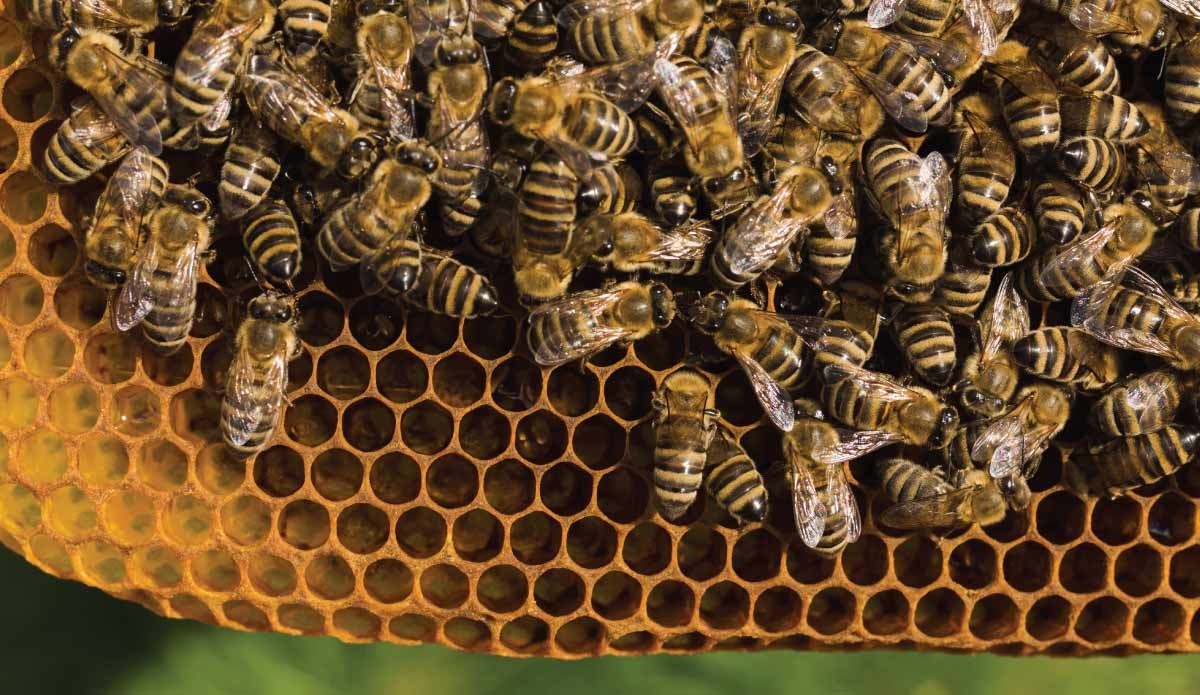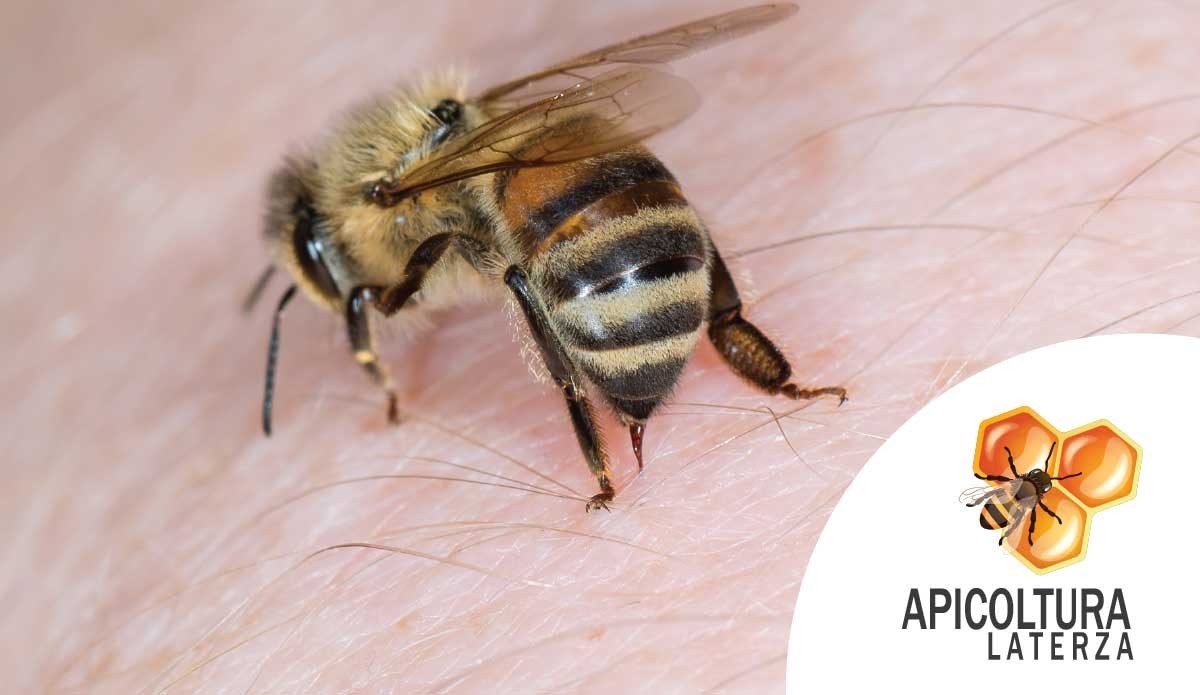Queen Bee Breeding: Techniques and Benefits

Queen bee breeding is a fundamental practice to ensure the continuity and quality of colonies. Selecting and raising strong, productive queen bees helps maintain healthy hives and optimize honey production. In this article, we will explore the queen breeding process, from the birth of the queen bee to her mating flight, and finally, her introduction into new colonies.
Queen bee breeding is a fundamental practice to ensure the continuity and quality of colonies. Selecting and raising strong, productive queen bees helps maintain healthy hives and optimize honey production. In this article, we will explore the queen breeding process, from the birth of the queen bee to her mating flight, and finally, her introduction into new colonies.
Birth of the Queen Bee and Genetic Selection
The birth of a queen bee occurs in special hive structures called royal cells. These can be naturally created by the colony when a new queen is needed, or artificially by the beekeeper to improve the genetic quality of the bees.
Bee breeding to obtain high-quality queens requires careful genetic selection. Only the best queen mothers are chosen for reproduction, ensuring resistance to diseases and the optimization of honey production.
Larvae destined to become queens are fed with royal jelly, a nutrient-rich food that promotes their growth and the development of a fully functional reproductive system.
From the Mating Nucleus to the Mating Flight
Once developed, the new queens emerge from the royal cells as virgin queens. Before they can lay eggs, they must mate with drones during the mating flight, which takes place outside the hive.
Newly emerged queens are placed in a mating nucleus, a small artificial hive designed to provide a controlled environment where they can develop and successfully mate.
After mating, the queen can start her activity in the main hive, replacing the previous queen or forming a new colony.
Queen bee breeding requires experience and attention. It is important to monitor that the mating flight takes place correctly and that the queen returns safely to the hive. If she fails to mate, the entire colony could be compromised, leading to the need to raise a new queen.
How Long Does a Queen Bee Live?
One of the fundamental aspects of queen bee breeding is the lifespan of the queen. But how long does a queen bee live?
- Under optimal conditions, she can live between 3 to 5 years.
- Her productivity decreases over time, so many worker bees begin to raise a new queen when the current one is no longer efficient.
- In some cases, the queen is replaced naturally through the construction of new royal cells.
The Carniolan bee is one of the most commonly used species for queen breeding, thanks to its resilience and consistent productivity. This breed stands out for its ability to adapt to different climates and its high egg-laying productivity.
Introducing the New Queen into the Hive
After mating, the new queen is introduced into an existing colony. This process must be done carefully to ensure that the worker bees accept the queen without attacking her.
The introduction usually takes place:
- One day before removing the old queen.
- By placing the new queen in a protective cage inside the hive.
- Waiting for the bees to get used to her presence before fully releasing her.
A proper introduction of the new queen ensures a smooth transition and prevents the risk of worker bees rejecting her. A well-accepted and successfully mated queen will ensure a strong and productive hive for several years.
Queen Bee Breeding and Sales
Queen breeding is essential to maintaining hive productivity and health. Apicoltura Laterza offers queen bees for sale, providing selected and guaranteed queen bees, ready to be introduced into your hives.
Investing in high-quality queen bees means improving honey production, increasing hive longevity, and ensuring colony continuity. The queens selected by Apicoltura Laterza undergo strict quality controls to ensure that every beekeeper receives an excellent product.
???? Order your queen bee today and enhance the quality of your beekeeping! ????






